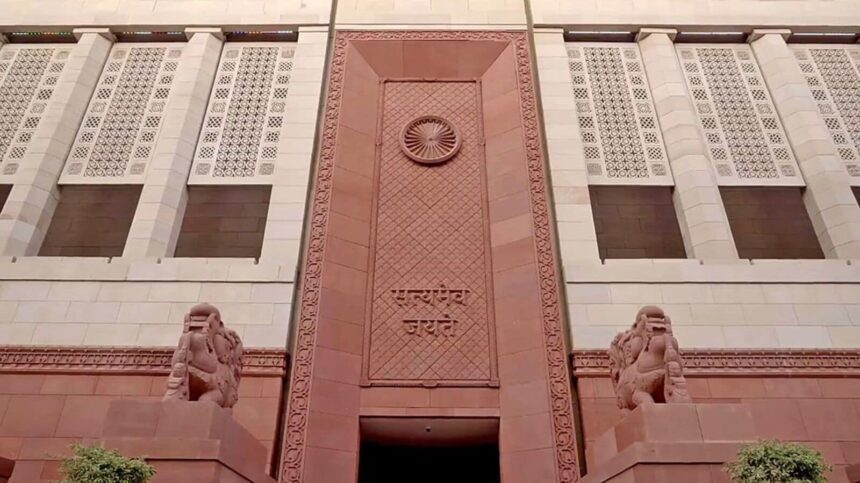Easing Compliance Burdens for MSMEs: A Strategic Move by the Indian Government
In an encouraging development for the micro, small, and medium enterprises (MSME) sector in India, the central government has commenced discussions aimed at reforming compliance measures that currently constrain business operations. With over 50 million MSMEs contributing to about a third of the country’s annual gross value added (GVA) and providing employment to more than 216 million individuals, these reforms could play a pivotal role in enhancing the sector’s viability and competitiveness.
Understanding MSMEs
Micro, small, and medium enterprises (MSMEs) are defined under the MSME Development Act of 2006 based on their investment in plant and machinery, as well as their turnover. Conversely, the Companies Act of 2013 presents a different framework, defining small companies based on paid-up capital and turnover thresholds. Currently, a small company in India is defined as one with a paid-up capital of up to ₹4 crore and a turnover not exceeding ₹40 crore. However, these thresholds can be raised by the government to ₹10 crore and ₹100 crore, respectively, which reflects the ongoing need for flexibility in definitions as the business landscape evolves.
The Compliance Burden
The compliance burden on MSMEs represents a significant challenge. Many MSMEs face high regulatory compliance costs, which can be formidable given their limited capital and infrastructure when compared to larger corporations. Industry representatives emphasize the need for decriminalizing certain offenses, streamlined e-form processes, and waivers for filing fees in specific scenarios. For example, simplifying auditing requirements for micro enterprises—those with an investment of up to ₹1 crore and turnover of up to ₹5 crore—could be a substantial relief.
Focus on Regulatory Reform
The government has engaged in inter-ministerial consultations involving ministries of MSME, corporate affairs, and law and justice. The agenda includes potential amendments to the Companies Act to align definitions with those of the MSME Development Act. This alignment is crucial for creating a more coherent regulatory framework. Moreover, discussions on approving more decriminalization of offenses related to MSMEs could encourage independent directors to participate more actively, further strengthening governance in the sector.
Addressing Financing Challenges
Financing remains a notable concern for MSMEs. To tackle challenges related to access to capital, the government is examining pathways for MSMEs to access corporate bonds and debentures, as permitted under Section 71 of the Companies Act. Moreover, easing regulations surrounding mergers and acquisitions, as well as simplifying exit mechanisms, can foster a more dynamic business environment.
Combatting Delayed Payments
One critical issue consistently raised is the problem of delayed payments from larger entities to MSMEs. In response, discussions are ongoing about potential amendments to the Arbitration and Conciliation Act to improve the enforcement of payment awards favoring MSMEs. Historical challenges remain with the enforcement of arbitral awards, compounded by frequent appeals that delay the resolution process.
The government has initiated efforts to reduce dispute resolution costs for MSMEs by enhancing the provisions of the India Internal Arbitration Centre (IIAC), which now offers discounts to streamline processes for MSMEs.
Expanding Export Potential
Alongside reforming compliance, the government has rolled out initiatives designed to bolster the export capabilities of MSMEs. This includes the establishment of e-commerce export hubs, which facilitate international participation, and improved insurance frameworks that provide MSME exporters access to ₹20,000 crore in credit at reduced costs.
Conclusion: A Sector Worth Supporting
The MSME sector is undeniably vital to India’s economy, which is why the current government efforts to lessen the regulatory burdens and enhance financing avenues are particularly significant. By attending to these pressing concerns, the government not only supports the growth of MSMEs but also stimulates broader economic development. As Krunal Modi of Presolv360 aptly points out, neglect in supporting MSMEs reverberates through the entire economy, impacting suppliers, manufacturers, investors, and the market at large.
The unfolding discussions signaling a renewed focus on the MSME sector’s challenges and opportunities stand to rejuvenate the spirit of Indian entrepreneurship and pave the way for a more robust economic future.
Stay updated with ongoing developments and explore ways to leverage these changes for the growth of your business.







